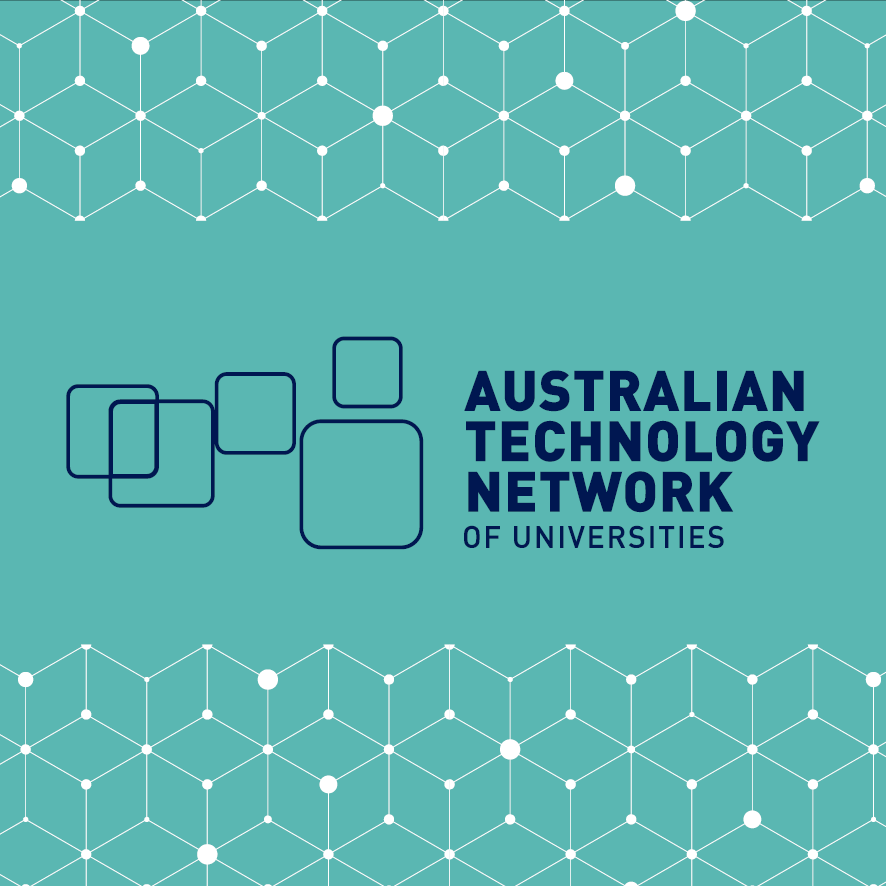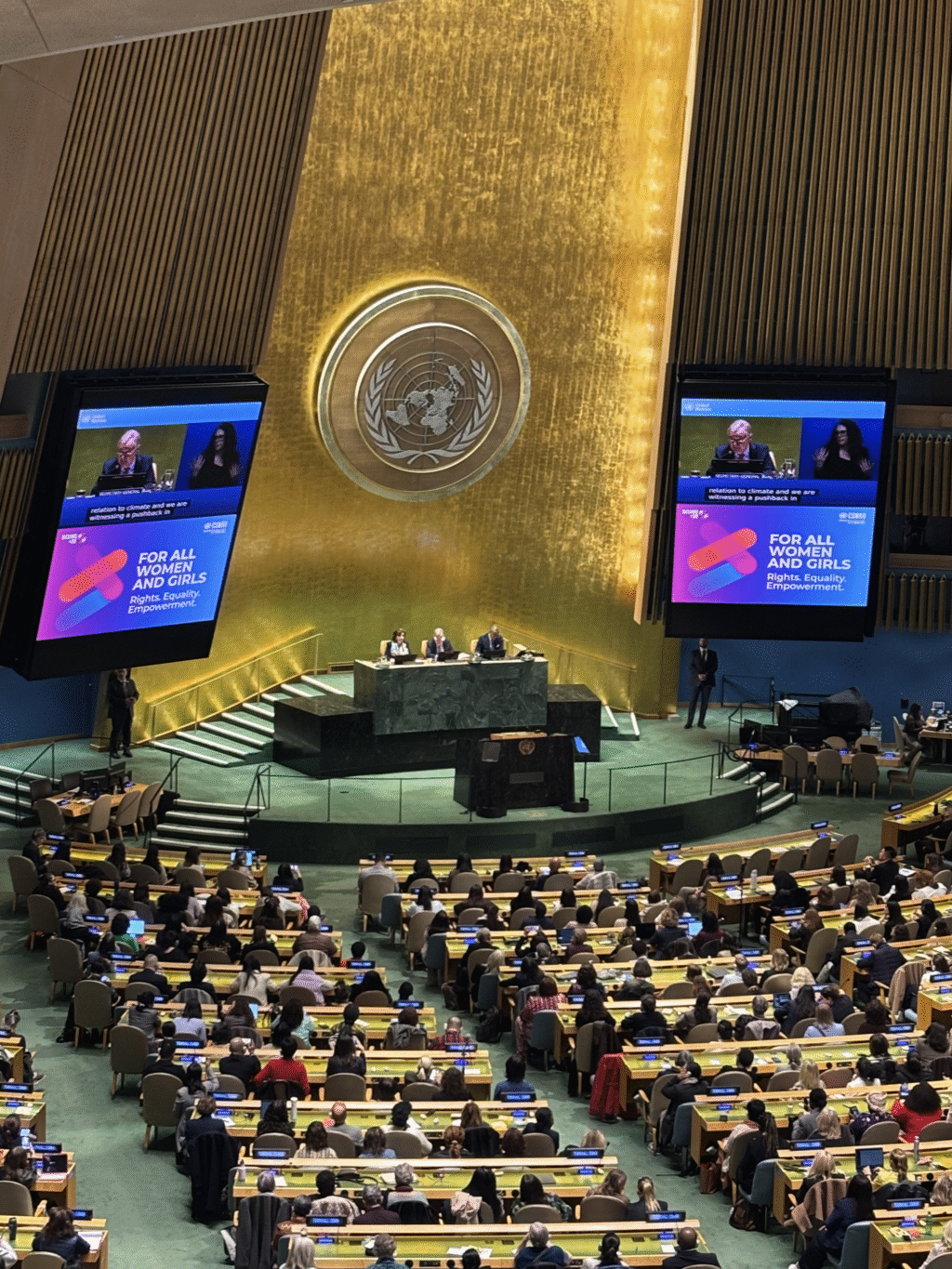Minister curbs research in bid to boost regional student numbers
12 November 2018The Australian Technology Network of Universities (ATN) is disappointed by the Minister for Education’s decision today to rob Peter to pay Paul in order to address poor regional participation rates in higher education.

The Australian Technology Network of Universities (ATN) is disappointed by the Minister for Education’s decision today to rob Peter to pay Paul in order to address poor regional participation rates in higher education.
Although the Minister’s commitment to increasing the participation of regional and rural student is admirable, and one wholeheartedly supported by the ATN, it is disappointing that it is done through yet another hit to existing university programs – this time capping the research support program, critical to our world-class research system.
ATN Executive Director, Renee Hindmarsh said “The ATN has always advocated for increasing the participation of equity groups, including regional and rural students. Nearly 15,000 regional and rural students attend ATN universities and we have a range of programs designed to support regional students who choose to study at our universities.”
“More than 200,000 regional and remote students currently attend universities across Australia, not just in their local communities, and the ATN hopes that the scholarships for regional students will allow students to continue to make their own choices about the best place for them to study” said Ms Hindmarsh.
The ATN is very concerned that the Research Support Program will be capped, which may have a negative impact on universities’ ability to properly fund the full cost of research.
“This latest hit to research funding comes off the back of a freeze to the demand driven system, which had been the single-most effective way of increasing regional participation in higher education.”
The ATN welcomes the announcement of a specialist Advisory Group chaired by The Hon Denise Napthine and looks forward to sharing with the panel the many effective ways that regional students are already being supported, as well as examining ways to boost participation of regional students at all Australian universities.

